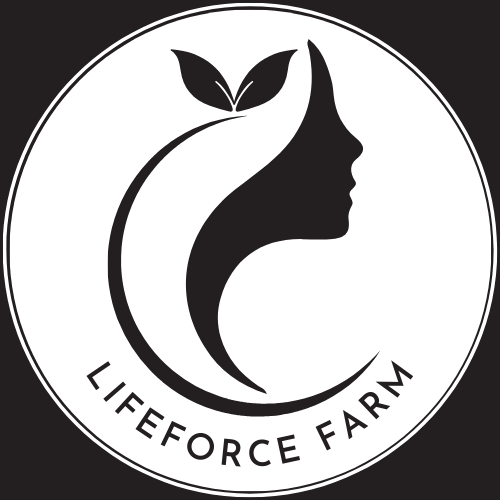5 Tips For Being a Successful Urban Farmer
Background
I am approached as a Farm Consultant, and Farm Marketer, by folk wanting to start their own Urban Farm, Market Gardens or Regenerative Farm…
…or contacted by them 6-12 months in, when it is not going according to plan…
sadly, many farms fail within the first 5 years.
I believe we need to raise the status of organic farmers, to that of a skilled profession, so it is more clearly understood what is required to become a successful farmpreneur.
Is a Farm a Business?
Starting a Market Garden needs to be approached in the same way as setting up any other business.
It requires the same amount of critical analysis, and market research to determine current local supply and demand, to identify the opportunity.
But, I just want to Farm…
What is not clearly understood by most new farmers is that farming is approximately 50% of the work.
The other 50% of the work is in creating, and running the farm business.
This means that you will need to work out all your production, as well as simultaneously launch your business.
If you are not someone who can juggle different roles, and different hats – farming probably isn’t for you.
Alternatively, you might seek a partnership, or be able to outsource the work that you don’t want to do yourself (depending on your resources).
Establishing Your Context
I spend time with my students, and Farm Marketing and Farm Consulting clients, listening to what they are wanting to achieve through farming, so that I can best assist them to be successful.
My first questions, (and the one that determines how the conversation will continue) no matter which crop, or farming method we are talking about…is always:
Where will you sell your produce?
The reason I ask this, is that unless you have established sales channels, you will find it difficult to sell enough produce as a new farmer, to make your enterprise financially sustainable, within the current local food system in Australia.
My second questions are:
How much resources (money) do you have to invest in your project?
How much time do you have each week to work in and on your business?
What income do you need to earn?
The following is some guidance that I give out to those that seek my advice, that I want to share with you:
1. POPULATION:
Statistically only 1-5% of the Australian population will seek out local, organic produce. Most market farms will need to turn over a minimum of $3-5K per week, so in order to have the customer base to financially support your farm, it is best to choose a site for your new enterprise close to a minimum population of 100K, preferably 500K. If you live in a low population area in rural Australia, then you will need to secure buyers, or sales channels, in larger towns or cities, and factor in the delivery costs, and logistics, to your business planning to be financially sustainable.
2. MEET YOUR LOCAL GROWERS:
Research who is growing what in your local area before your start. Find a niche in the market that other growers are not filling, this will give you an opportunity to work co-operatively with other farmers, rather than competing against them, and provide more locally grown produce lines to our local communities, and business’s.
3. BUYERS:
Establish relationships with buyers for your intended crops before you plant your crops to ensure you have a market. Know the price range, that you can sell for. Prices will vary due to supply and demand, and seasonal availability. In many places Farmers Markets are not an option (such as here in Byron Shire), as they have a long waiting list for a market stall, and even then you will be competing against resellers, so you will need to have other viable alternatives.
4. BUSINESS PLAN:
Starting a farm requires a business plan, with actionable steps…just like any other business.
5. EDUCATION:
I do recommend that students do their research before investing in generic courses, or the latest trendy, growing ideology. Specifically chosen courses by mentors in your field, that have actual proven commercial experience, and success, in the farming you want to develop…is, in my opinion well worth the investment, and will increase your profitability, and success quickly. I am continuously investing in learning, and developing my farming systems, with farmers that inspire me.
I have written, and teach my course, The Business Of Farming, which takes new, and existing farmers through all the considerations they will need to create their own business plans, to have the best opportunity to ensure a financially sustainable enterprise.
I also work as a Farm Consultant and a Farm Marketer to support more Farms to GROW their businesses.
I would like to support, more organic farms to become financially sustainable, so that they can continue to be a key part of addressing climate change, reclaiming our food sovereignty, health in our communities, and farming in a way that is in harmony with our Mother Earth.
Copyright 2019: Sheia Kalima Kironn
